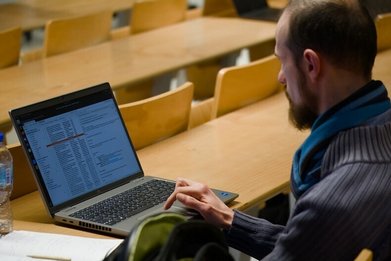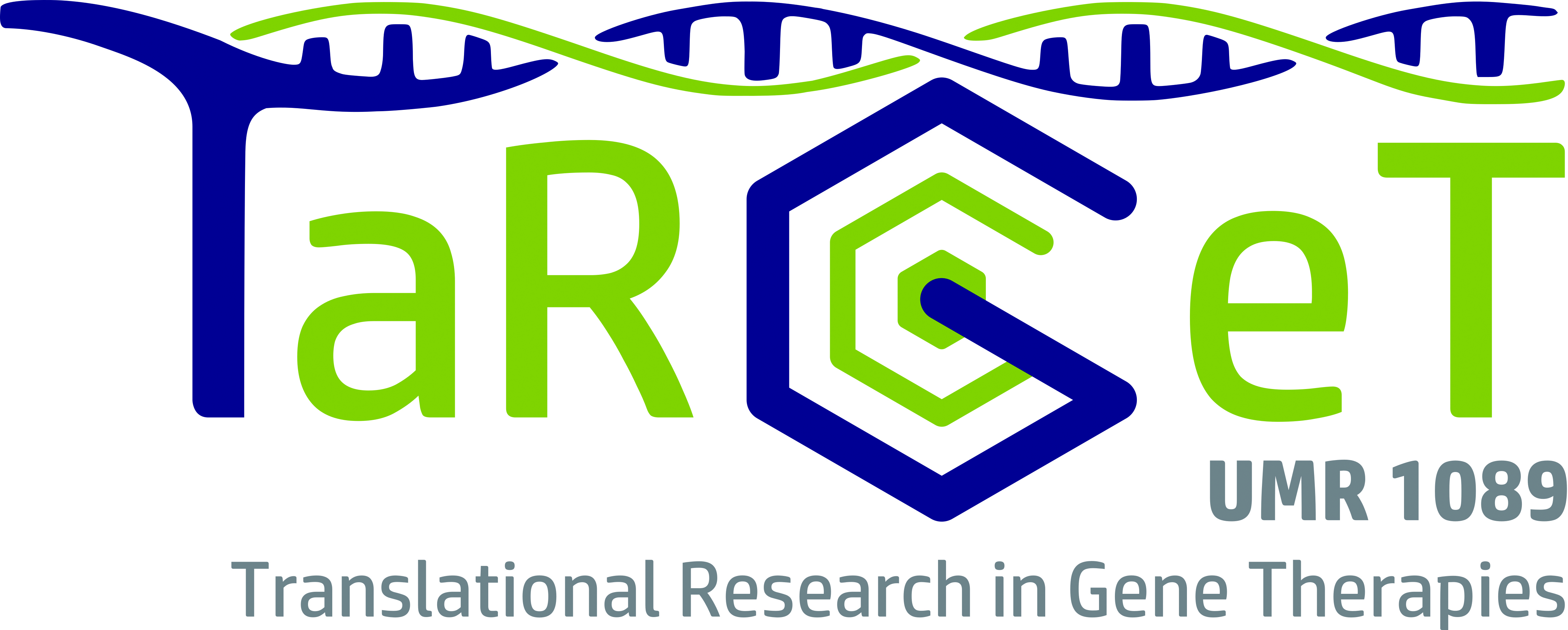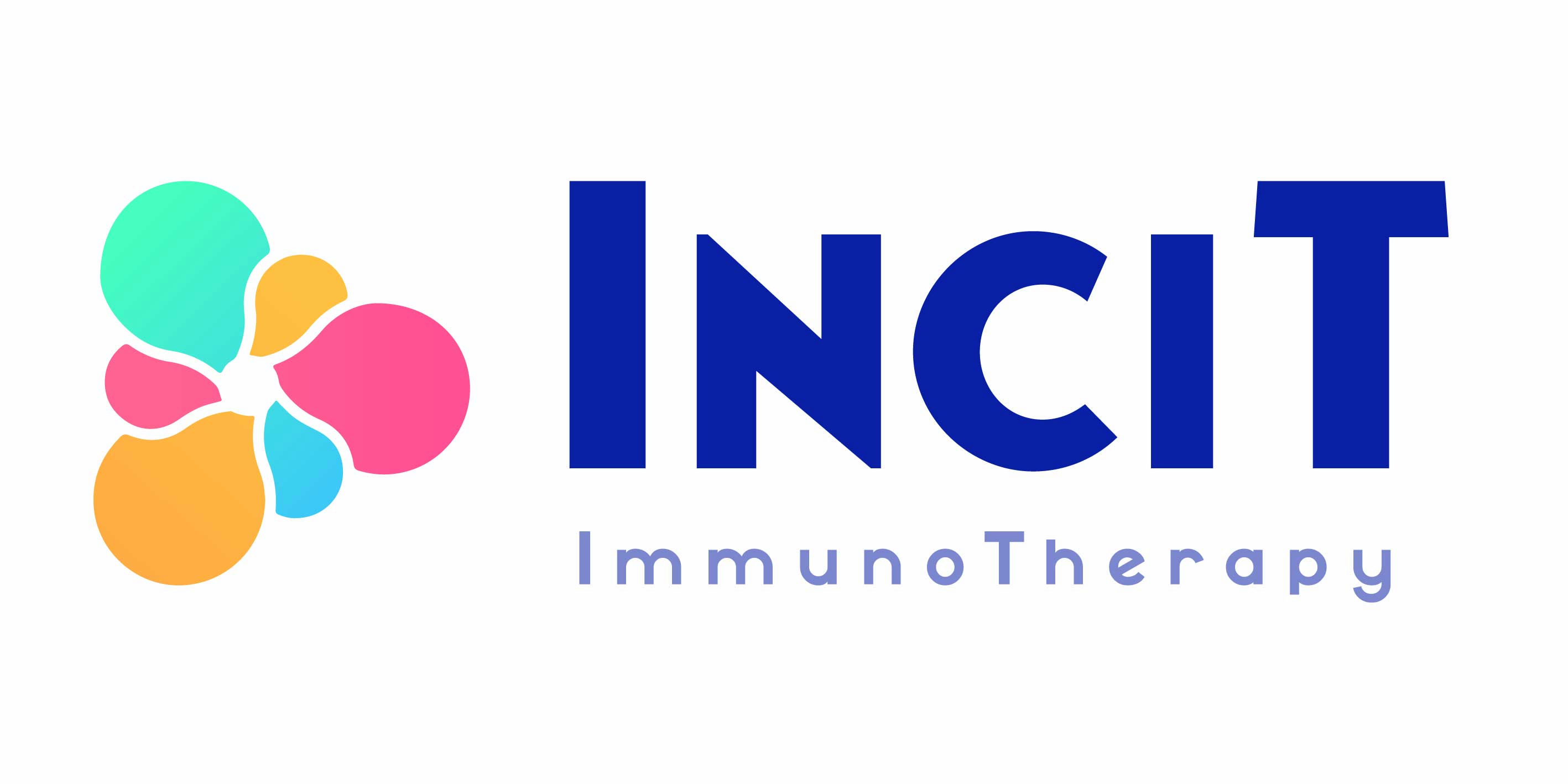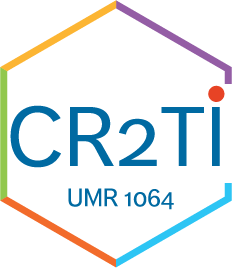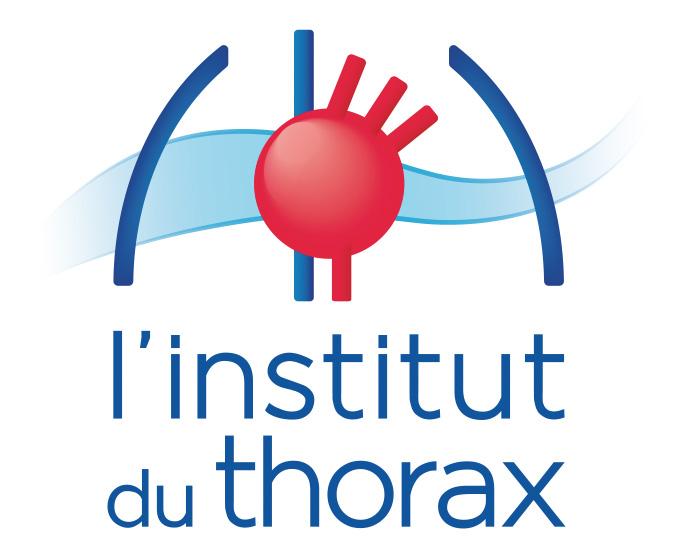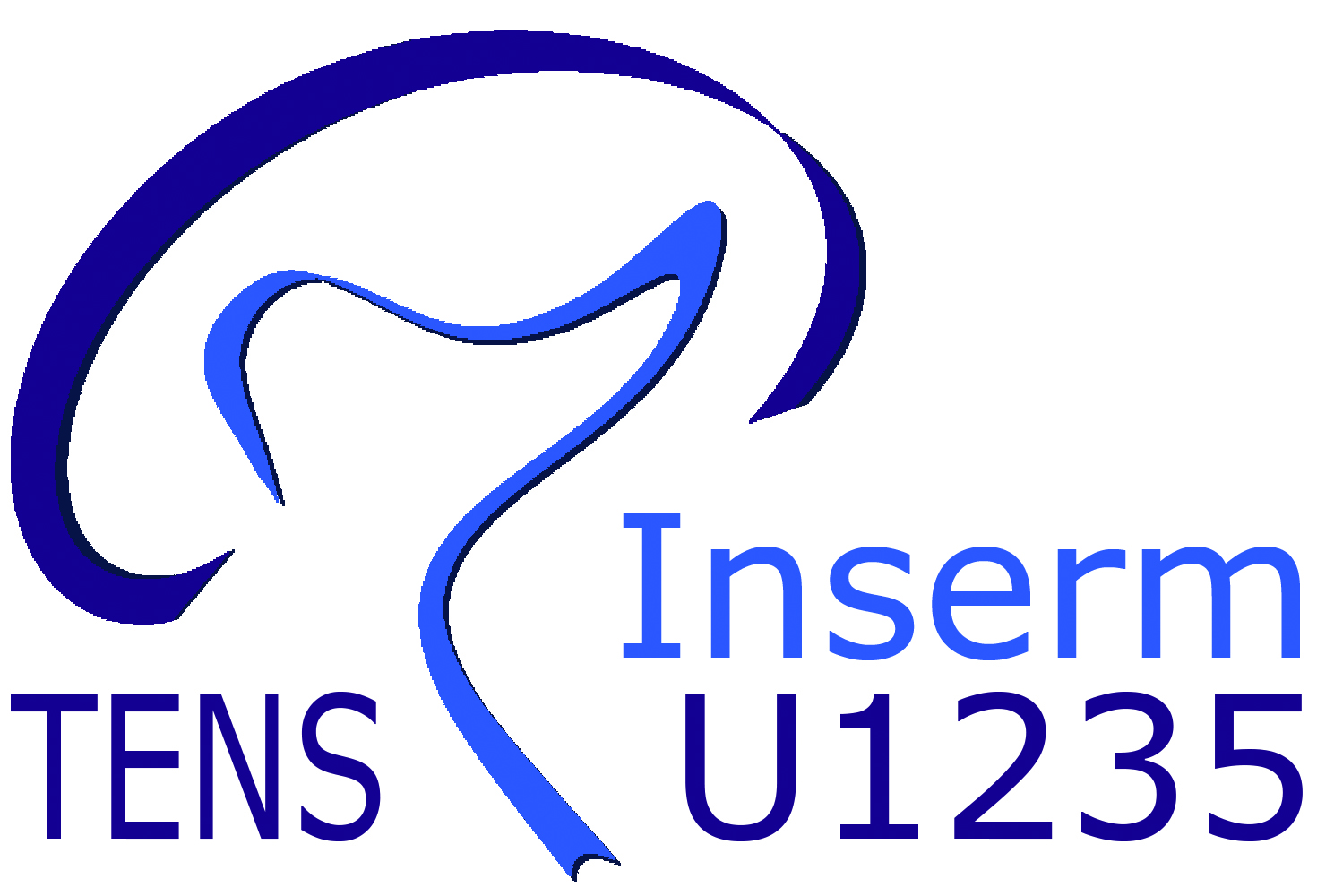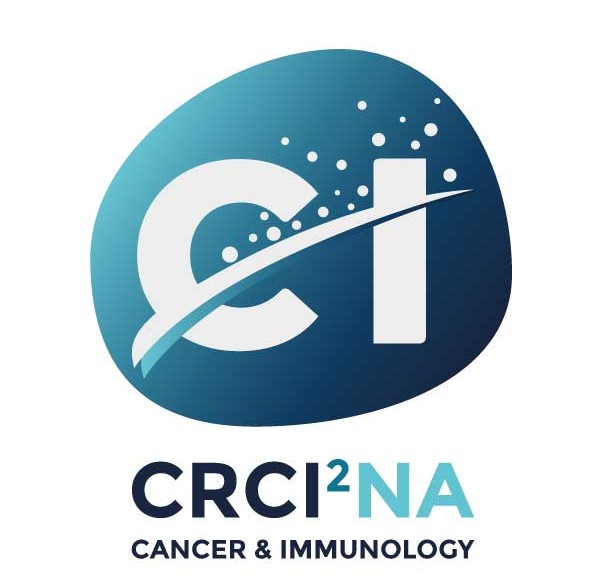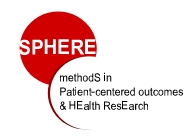- Analysis and Processing of Medical Information and Images
- Biophysical Approach to Living Organisms
- Cell Biology, Developmental Biology
- Molecular and Structural Biology, Biochemistry
- Oncology
- Genetics, Genomics, Bioinformatics
- Immunology
- Microbiology, Virology, Parasitology
- Nuclear Medicine and Radiopharmaceuticals
- Neuroscience, Ethology
- Nutrition and Metabolic Diseases
- Physiology, Physiopathology, Medical Systems Biology
- Public Health
- Pharmaceutical Sciences
- Dental Sciences
- Biomedical Technologies, Vectorisation, Nanomedicine, Cell and Gene Therapy, Regenerative Medicine and Biomaterials
- Toxicology
- Epidemiology, Risk Analysis, Clinical Research
PhD in Health Sciences and Technologies
At Nantes Université, the Biology and Health PhD programme is a course of excellence which, thanks to personalised support, enables students to acquire the skills they need to achieve their career goals.
Research Project
Trainings
Trainings within our labs (ex : Vésicules extracellulaires)
Soft skills trainings (ex:Talk in public)
Career after a PhD

Our portraits of professionals
after a PhD in Biology and Health
A grant for International PhD's mobility
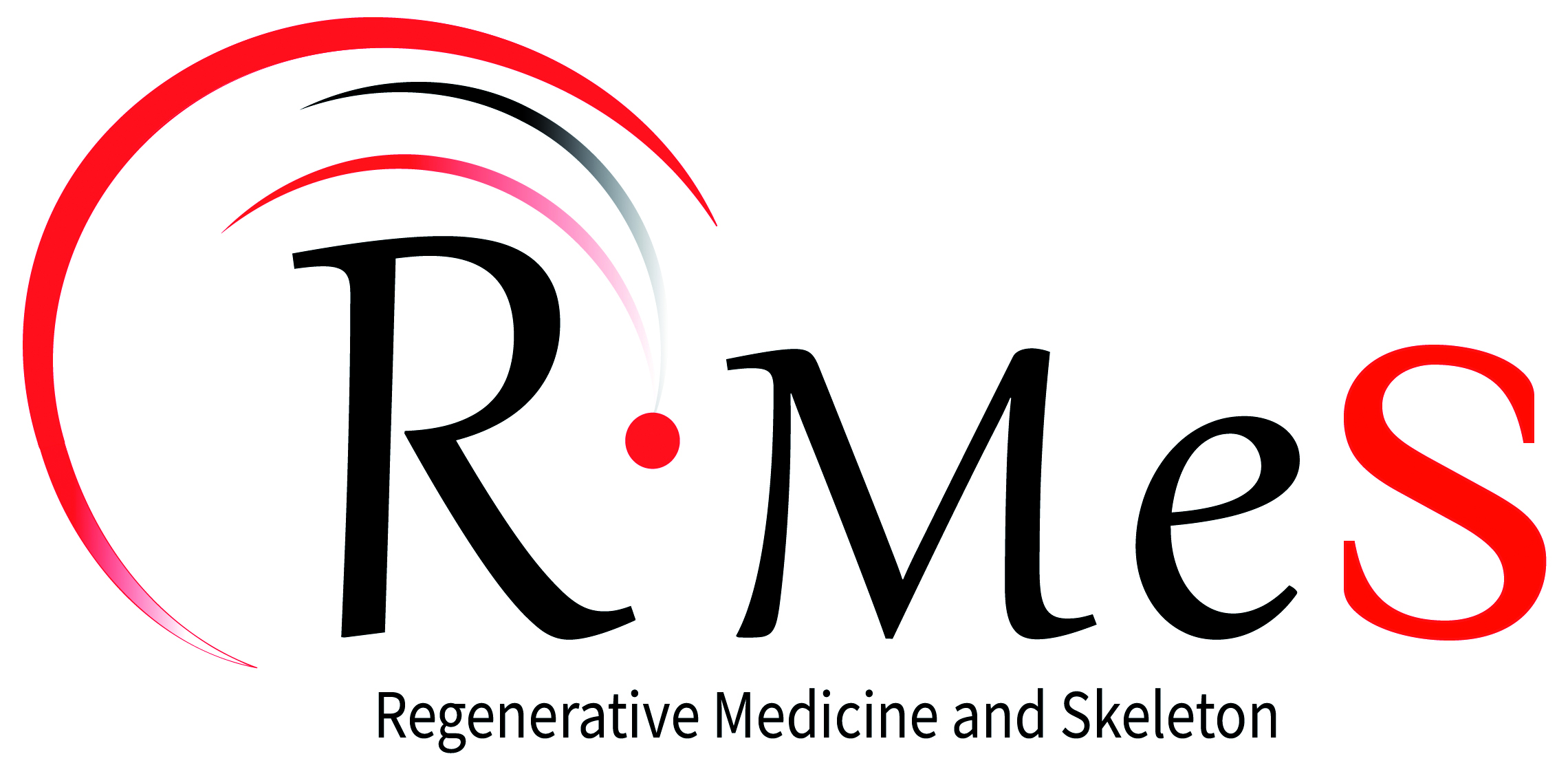 We are welcoming a new PhD student for a six-month mobility programme at one of our partner laboratories, RMeS.
We are welcoming a new PhD student for a six-month mobility programme at one of our partner laboratories, RMeS.Nicole Vercellino is working on studying the distribution and role of senescent macrophages in the synovial membrane of patients with osteoarthritis (University of Piemonte Orientale).
Research project: Senescent cells accumulate in joint tissues in response to trauma and ageing, and may contribute to the development and perpetuation of osteoarthritis (OA). To date, synovial immunosenescence has been little studied in the context of OA. Macrophages are the main synovial immune cells, their activity is altered during ageing, and they can become senescent themselves and/or participate in the spread/accumulation of senescence in the joint. This project aims to better characterise these macrophages, their distribution, their role in the arthritic synovium and their interaction with surrounding joint cells. A specific senescent cell geneset will be applied to scRNA-seq data obtained from different synovial tissues. In addition, multiple immunofluorescence will be performed to identify the location of senescent macrophages in the synovial membrane. Co-cultures will also be set up to understand how these macrophages can affect joint cells.
Get the highest degree

Every year, 50 to 60 new doctoral students carry out innovative scientific projects in a motivating environment.
Latest thesis defences for our PhD student:
Requirements
A master in the field related to the subject of the thesis is needed to be admitted to the PhD track (300 ECTS obtained). It is also mandatory to have completed a research internship in a laboratory during your master's degree and to provide a letter of recommendation from your supervisor. A good level of English is required.
Applications will be evaluated according to the following criteria:
- academic merit and consistency of academic background in relation to the thesis topic
- skills and motivation for the proposed topic
- research skills as demonstrated during the Master's research internship or equivalent
- motivation to prepare a thesis and professional project
- behaviour during the interview (quality of presentation, responsiveness, answers to questions, etc.)
PhD fundings
Our research laboratories have funding available for three-year doctoral contracts. There are three possible routes. We invite you to review the various offers and contact us if you have any questions : ed-bs@univ-nantes.fr
-
Funding from our laboratories
- Funding from Nantes University
- Funding from our Graduate programmes :
I³ Immunologie et Immuno - Intervention
,InnoCARE Innovation pour les maladies CArdiovasculaires, métaboliques et respiratoires,
OHNU Oncologie, Hémathologie, médecine NUcléaire,
MICAS Microbiote, Intestin, Cerveau, et Aliment Santé,
Médecine 4R : Réparer, Remplacer, Régéner, Reprogrammer
Contacts
Stéphanie Régère
Administrator
Xavier Prieur & Françoise Kraeber Bodéré
Co-direction
